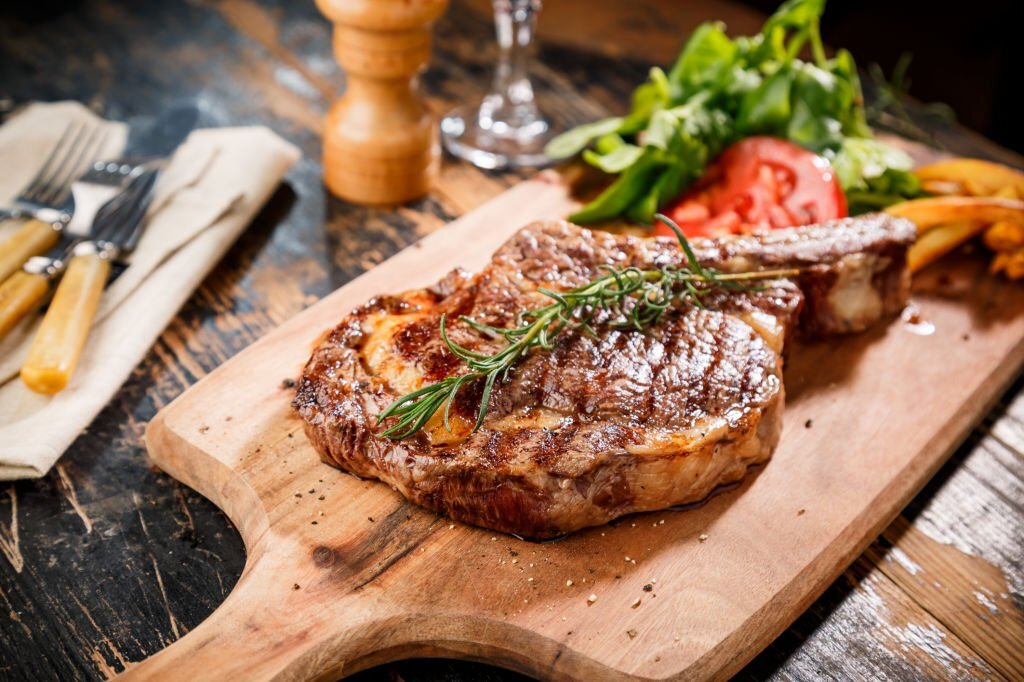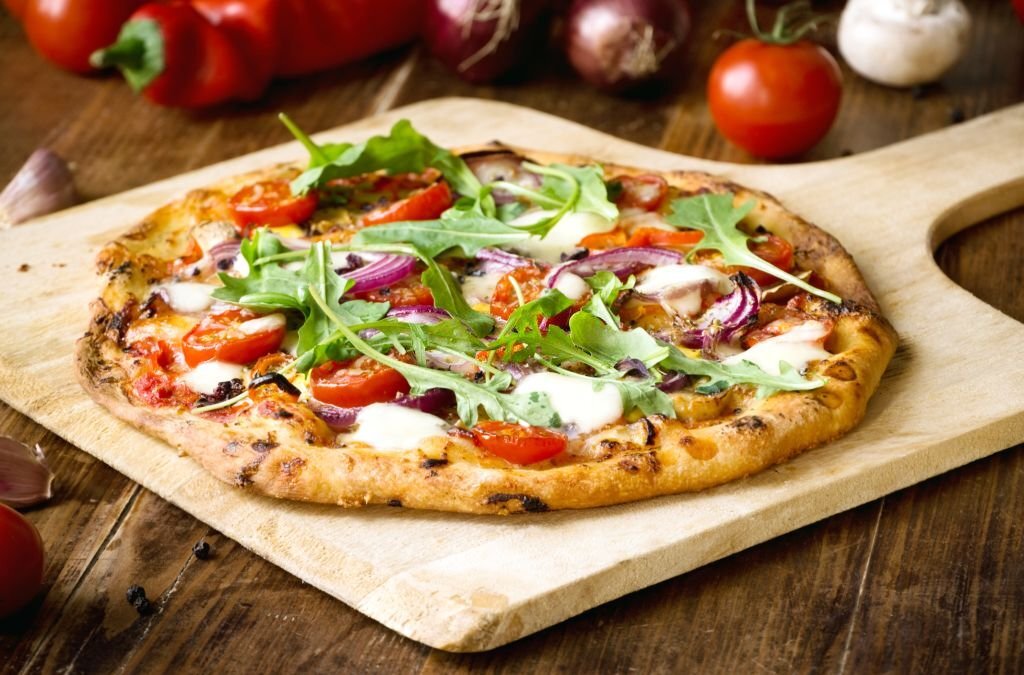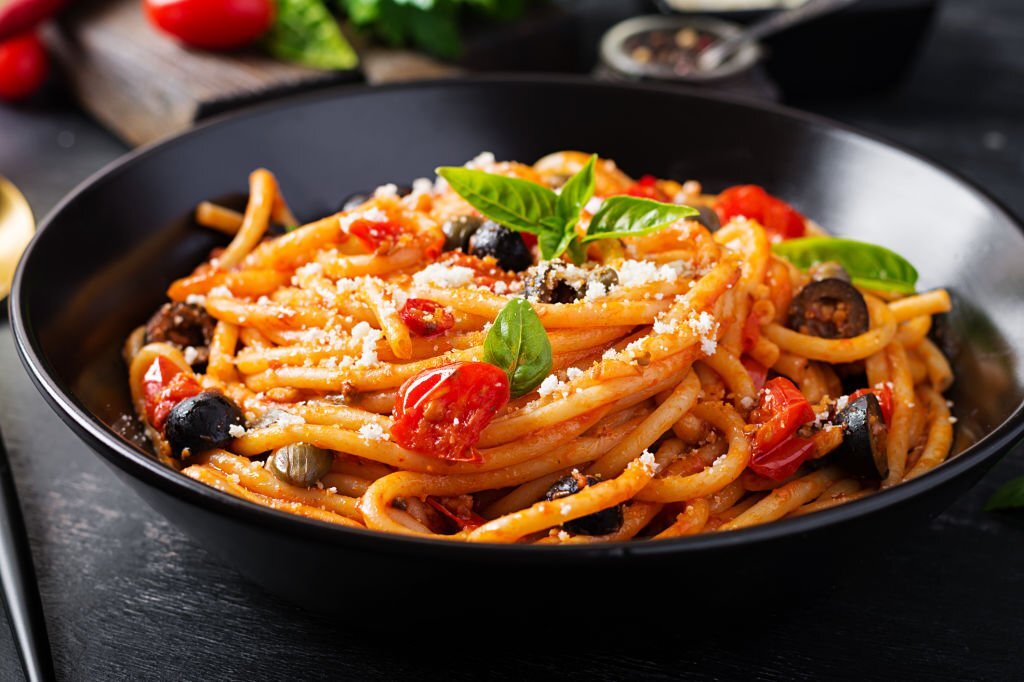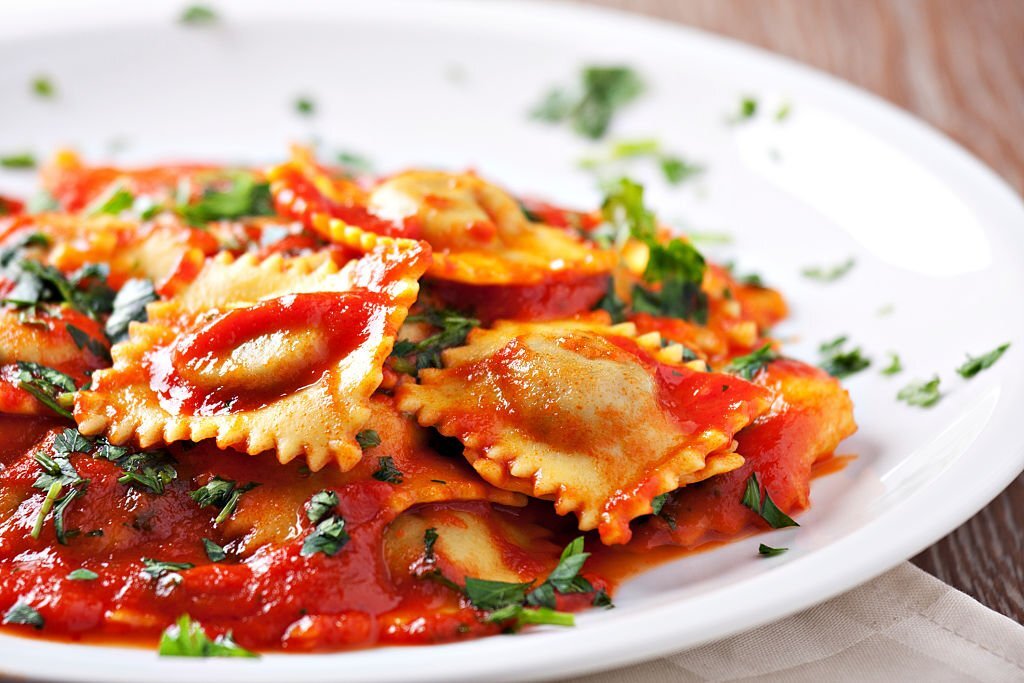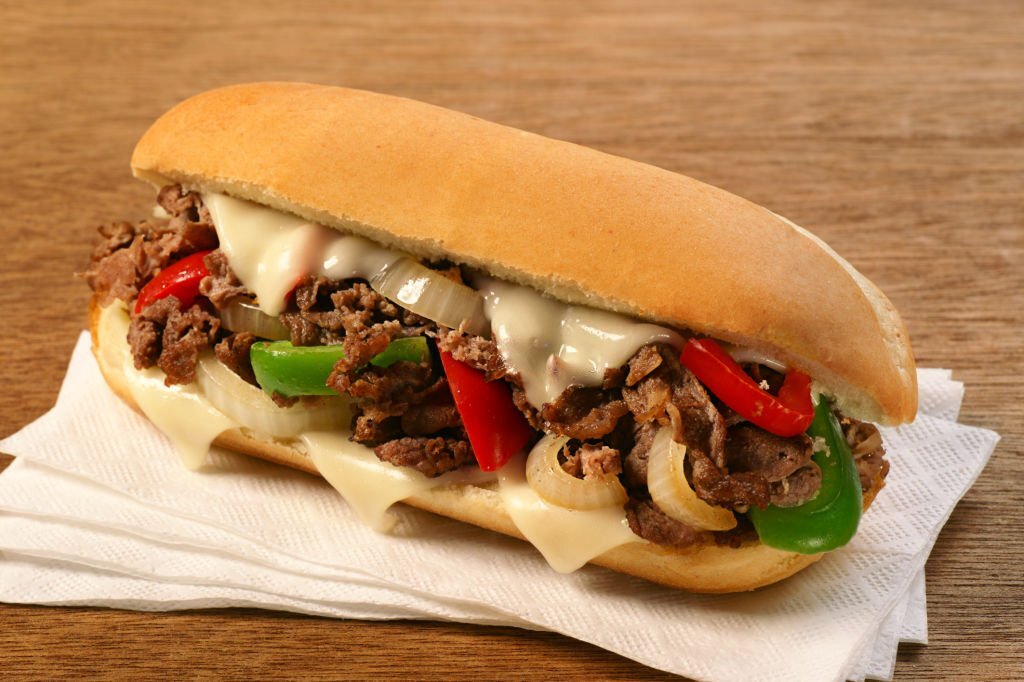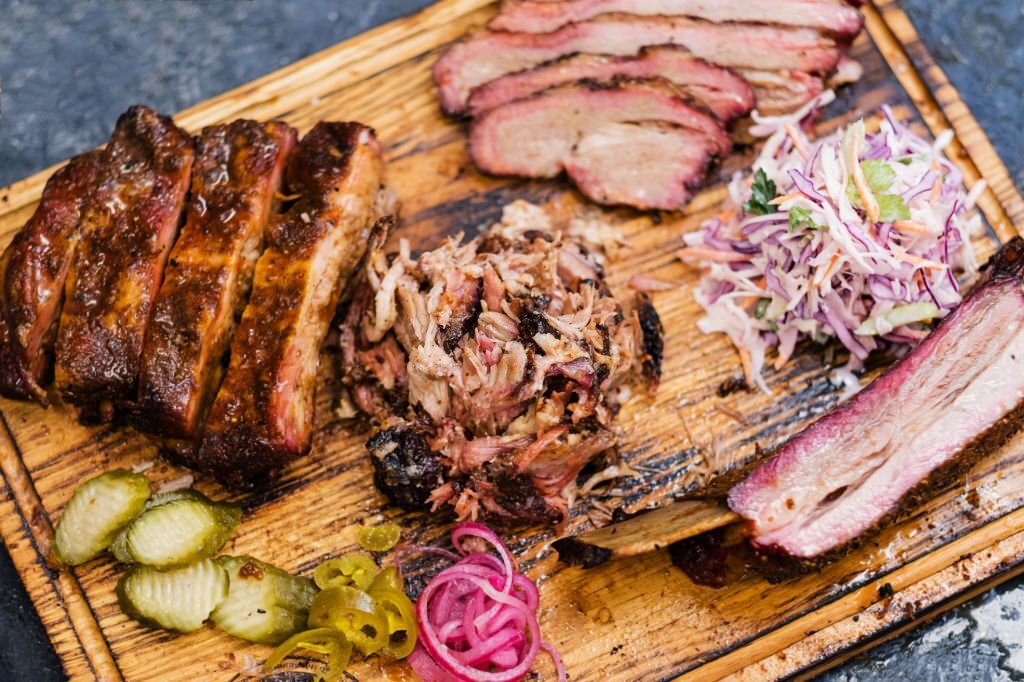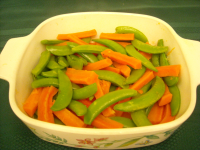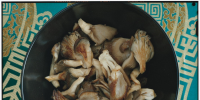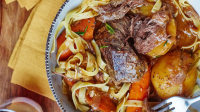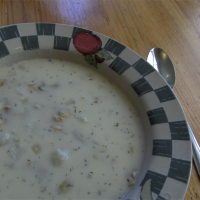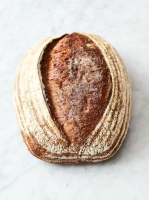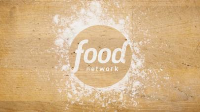More about "high-protein intake can be harmful for people with recipes"
HIGH-PROTEIN DIETS: ARE THEY SAFE? - MAYO CLINIC
Jul 02, 2020 · Some high-protein diets restrict carbohydrate intake so much that they can result in nutritional deficiencies or insufficient fiber, which can cause problems such as bad breath, headache and constipation. Some high-protein diets include foods such as red meat and full-fat dairy products, which may increase your risk of heart disease.
From mayoclinic.org
From mayoclinic.org
See details
WHAT ARE THE DANGERS OF A HIGH PROTEIN INTAKE? | WOMAN ...
For most people who are healthy, eating a high-protein diet for up to six months is not dangerous and may aid in weight loss. However, people with kidney or bone disease need to be much more careful of their protein intake. In addition, eating a high-protein diet for extended periods of time may trigger or contribute ...
From woman.thenest.com
From woman.thenest.com
See details
HIGH-PROTEIN DIET: WHAT IT IS AND HOW TO DO IT - DIET DOCTOR
Mar 26, 2021 · Protein-rich foods include eggs, meat, seafood, legumes, and dairy products. These foods are not only high in protein but high in nutrients in general. That means a high-protein diet is also a high nutrition diet. Increasing protein can be very helpful for weight loss because protein can help tame your appetite. 1.
From dietdoctor.com
From dietdoctor.com
See details
ARE THERE DANGERS TO EATING TOO MUCH PROTEIN?
Feb 01, 2021 · High protein intake is not associated with certain major health conditions in most populations and healthy people. However, particular protein sources, such as processed meat, are associated with ...
From healthline.com
From healthline.com
See details
CAN TOO MUCH PROTEIN BE HARMFUL? | FOODUCATE
May 09, 2015 · The risks of excess protein intake can be divided into 2 areas: kidney disease and cancer. Protein metabolism requires work by the kidneys. Excess protein means a strain on kidneys. For most people, this is not an issue; folks with kidney disease need to reduce their protein intake. Another problem with too much protein is calcium depletion ...
From fooducate.com
From fooducate.com
See details
ADVERSE EFFECTS ASSOCIATED WITH PROTEIN INTAKE ABOVE THE ...
Jul 18, 2013 · Moreover, in a study where protein intake was varied from 47 g/day (low protein diet) to 95 g/day (medium protein diet) and to 142 g/day (high protein diet) the urinary calcium increased significantly with each increase in protein (168, 240, and 301 mg, resp.) .
From ncbi.nlm.nih.gov
From ncbi.nlm.nih.gov
See details
THE HIDDEN DANGERS OF PROTEIN POWDERS - HARVARD HEALTH
Apr 10, 2020 · Some protein powders have little added sugar, and others have a lot (as much as 23 grams per scoop). Some protein powders wind up turning a glass of milk into a drink with more than 1,200 calories. The risk: weight gain and an unhealthy spike in blood sugar. The American Heart Association recommends a limit of 24 grams of added sugar per day ...
From health.harvard.edu
From health.harvard.edu
See details
HIGH PROTEIN FOODS IN YOUR CANCER DIET | STANFORD HEALTH CARE
Guidelines for eating high protein foods during cancer treatment Each individual's calorie and protein requirements will vary. For a rough estimate of calorie needs, plan on consuming 25 to 35 calories for each kilogram of weight (1 kilogram equals 2.2 pounds).
From stanfordhealthcare.org
From stanfordhealthcare.org
See details
WHAT TO CONSIDER WITH A HIGH PROTEIN DIET | HEALTHYSD.GOV
The goal is weight loss. High-protein diets take their lead from the low-carb craze. The goal is to lose weight by eating more protein-packed foods, which often means consuming fewer carbohydrates. The portion of total calories derived from protein is what defines a high-protein diet. In a typical diet 10%-15% of daily calories come from protein.
From healthysd.gov
From healthysd.gov
See details
THE HIDDEN DANGERS OF PROTEIN POWDERS - HARVARD HEALTH
Apr 10, 2020 · Some protein powders have little added sugar, and others have a lot (as much as 23 grams per scoop). Some protein powders wind up turning a glass of milk into a drink with more than 1,200 calories. The risk: weight gain and an unhealthy spike in blood sugar. The American Heart Association recommends a limit of 24 grams of added sugar per day ...
From health.harvard.edu
From health.harvard.edu
See details
WHAT HAPPENS TO YOUR BODY WHEN YOU EAT TOO MUCH PROTEIN
Sep 17, 2020 · A high-protein, low-carb diet may help your extra pounds weight fly off initially, but it can actually cause weight gain in the long-term, according to a Spanish study. To come to this finding, researchers asked more than 7,000 study participants to fill out questionnaires about their eating habits over the course of six years.
From eatthis.com
From eatthis.com
See details
6 SIGNS YOU COULD BE EATING TOO MUCH PROTEIN | EATINGWELL
May 30, 2019 · Eating too much protein for a prolonged period of time can cause a metabolic burden on your kidneys, liver and bones, as well as potentially increase your risk for heart disease and cancer. Here are a few major warning signs to tell if you might be packing too much protein into your day. 1. You Always Have to Pee.
From eatingwell.com
From eatingwell.com
See details
PROTEIN | ADA
Plant-based protein foods provide quality protein, healthy fats and fiber. They vary in how much fat and carbohydrate they contain, so make sure to read labels. Beans such as black, kidney and pinto. Bean products like baked beans and refried beans. Hummus and falafel. Lentils such as brown, green or yellow. Peas such as black-eyed or split peas.
From diabetes.org
From diabetes.org
See details
HIGH BLOOD PROTEIN: CAUSES, DIAGNOSIS & TREATMENT
High blood protein is not a disease. It is a sign of another underlying medical problem. Many diseases or medical conditions may cause elevated protein blood levels (hyperproteinemia) or an imbalance of the ratio of albumin to globulins. These conditions include: Dehydration. Chronic (long-term) inflammation or inflammatory disorders.
From my.clevelandclinic.org
From my.clevelandclinic.org
See details
14-DAY HIGH-PROTEIN MEAL PLAN - DIET DOCTOR
Nov 12, 2021 · Our free 14-day high-protein, low-carb meal plan is perfect for you. It features delicious, easy-to-prepare recipes that prioritize protein and keep carbs low. You’ll enjoy a wide variety of protein-rich meals, with all of the planning done for you. Read on to get 14 days of high-protein breakfast, lunches and dinners, along with tips for ...
From dietdoctor.com
From dietdoctor.com
See details
NEPHROTIC SYNDROME DIET: RESTRICTIONS AND FOODS YOU CAN EAT
Dec 07, 2017 · However, a high-protein diet isn’t recommended for nephrotic syndrome. Too much protein is dangerous because it can damage nephrons (the functioning units of kidneys) and cause renal insufficiency.
From healthline.com
From healthline.com
See details
Low Protein • Bread, tortillas • Oatmeal, grits, cereals • Pasta, noodles, rice • Rice milk (not enriched) Why Is Protein Important for People with CKD? When your body uses protein, it produces waste. This waste is removed by the kidneys. Too much protein can make the kidneys work harder, so people with CKD may need to eat less protein.
From niddk.nih.gov
From niddk.nih.gov
See details
Consequently, protein intake promotes protein synthesis rather than energy intake. For older adults, this means eating high-quality protein throughout the day can protect lean tissues during weight loss and prevent age-related sarcopenia and osteoporosis.5,11
From todaysdietitian.com
From todaysdietitian.com
See details
CHOOSING HEALTHY PROTEIN - HELPGUIDE.ORG
Adults should eat at least 0.8g of protein per kilogram (2.2lb) of body weight per day. That means a 180lb man should eat at least 65 grams of high-quality protein per day. A higher intake may help to lower your risk for obesity, osteoporosis, type 2 diabetes, and stroke.
From helpguide.org
From helpguide.org
See details
DIETARY PROTEIN INTAKE AND CHRONIC KIDNEY DISEASE
Purpose of review: High-protein intake may lead to increased intraglomerular pressure and glomerular hyperfiltration. This can cause damage to glomerular structure leading to or aggravating chronic kidney disease (CKD). Hence, a low-protein diet (LPD) of 0.6-0.8 g/kg/day is often recommended for the management of CKD.
From pubmed.ncbi.nlm.nih.gov
From pubmed.ncbi.nlm.nih.gov
See details
GASTRIC SLEEVE RECIPES — HOW MUCH PROTEIN DO YOU NEED
Dec 11, 2017 · High cancer risk. Due to higher levels of meat-based protein consumption. High heart disease risk. Especially if the diet is also high in saturated fats. Bad breath. If your carb intake is too low you can go into a state of ketosis and suffer from multiple side effects, one of which is bad breath.
From gastricsleeverecipes.com
From gastricsleeverecipes.com
See details
A HIGH-PROTEIN DIET: REAL BENEFITS? CAN IT HARM YOUR HEALTH?
A new study in the Journal of American Medical Association (JAMA) looks not only at protein intake, but where people got their protein from. More than 131,000 people were asked: how much protein they ate; and; if it came from animals or plants. This study took over 35 years to do (starting in the 1980s). What they found:
From precisionnutrition.com
From precisionnutrition.com
See details
WHAT IS PROTEIN? HOW MUCH YOU NEED, BENEFITS, SOURCES ...
Jun 12, 2019 · Experts say a high-protein meal with about 40 g of protein doesn’t benefit the body any more than one with 15 to 25 g of protein would, so there’s no upside to going overboard. (6) There are ...
From everydayhealth.com
From everydayhealth.com
See details







